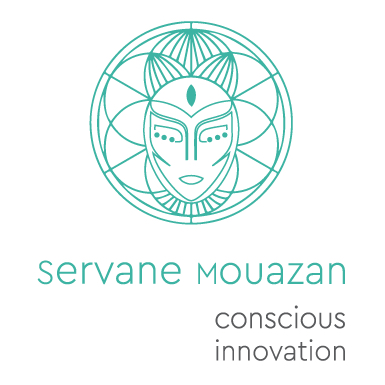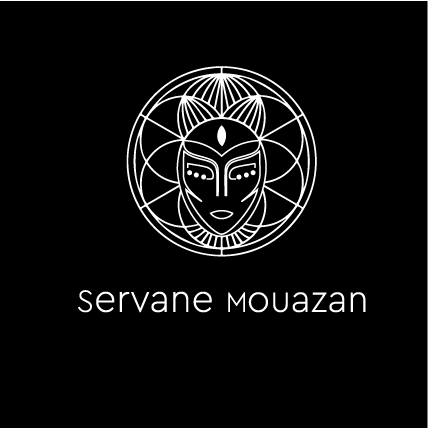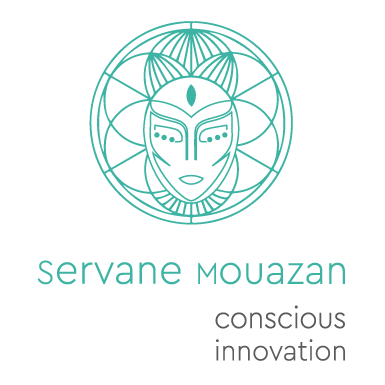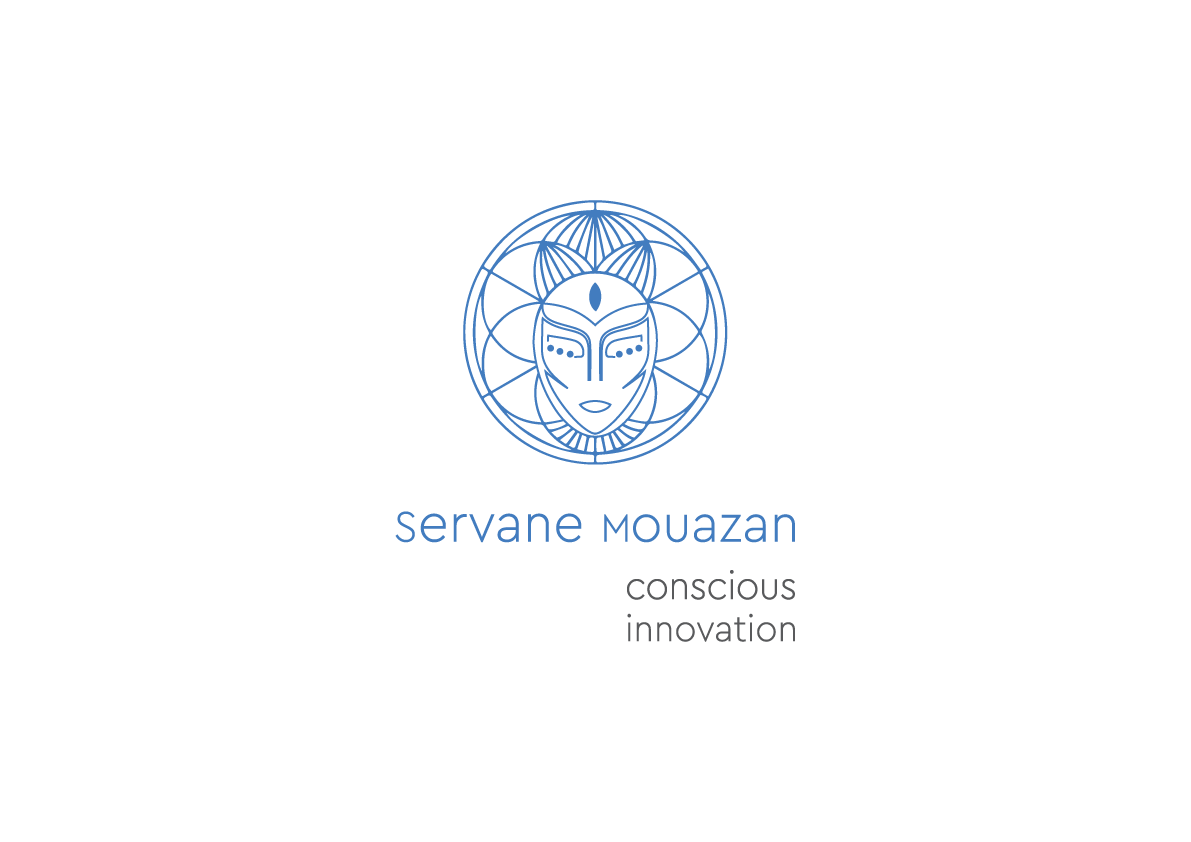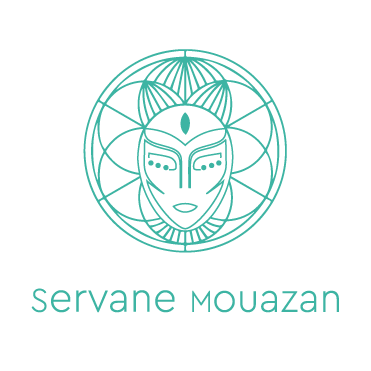“You need to increase your trust level and your self-confidence!” says the advisor.
Always.
You could spend an entire year – or two – working on this, watching influencers on Instagram vignettes telling you to do this with “1-2-3 go!” pouty selfies, and still have no clue on what you exactly should do to significantly increase your level of trust.
Trust is a hard thing to articulate; we can hardly put the finger on it. It’s volatile. It’s based on biased views. It’s unreasonable. It feels good when it’s there. Feels awkward when it’s gone. You know you got some, to a point. Hard to tell.
Until we pause and break down its components.
Stephen Covey once said these following behaviours, manifested simultaneously, contribute to amplifying trust:
- Talk straight
- Demonstrate respect
- Create transparency
- Right wrongs
- Show loyalty
- Deliver Results
- Get Better
- Confront reality
- Clarify expectations
- Practice Accountability
- Listen First
- Keep commitments
- Extend Trust
That’s a handful of activities!
Don Chen writes, in NPQ, about the vital importance of trust when we talk about racial representation in community development: “To build trusting relationships, [community] stakeholders must demonstrate credibility, a willingness to be accountable to community residents, and a commitment to transparency about each party’s motivations, the process for how decisions will be made, and desired outcomes.”
Dr Brene Brown, in The Anatomy of Trust, uses the BRAVING acronym to describe the components of trust:
- Boundaries
- Reliability
- Accountability
- Vault
- Integrity
- Non-judgement
- Generosity
So, where do you start to be able to perform and maintain these behaviours?
When you are consciously building something new, on your own, or as a leader, with your team, there needs to be a story drafted, an acceptance that discomfort exists. Then you need an act of personal liberation.
This act of liberation is about dismantling limiting assumptions and perceptions pertaining to each of these points (the lack of delivery, accountability, commitments, listening, generosity etc).
When you are ready to open up about what’s on your mind, you let obstacles, fears or perceptions that are preventing your trust to grow, appear.
Then you allow yourself to find what is true instead.
Through imagination and futures-thinking, you will start to understand how to nest your learning, be accountable, and create the foundations of your journey ahead – working on yourself, or with others.
Opening up the discussion in a group will improve your results. Invite your team, make sure everyone has got an equal time to share, with no interruption, and let them know their views are valued and acknowledged.
Which themes can you see emerging in these conversations?
Share your email to hear about the next group and individual Conscious Innovation learning journeys :
